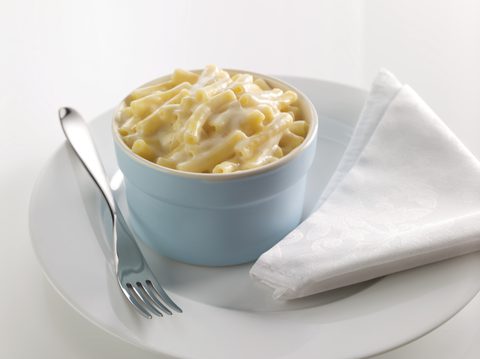

Enzymes for Developing Cheese Flavours
Different combinations of lipase and protease enzymes can be used to produce complex and unique dairy flavours to enhance and add value to your ingredients.
Goat, Emmental, Manchego, Romano, Roquefort, Mozzarella, Cheddar… they are all classified as cheese, but the only thing they have in common is that they are all derived from milk. What makes them different and why are various cultures embracing new and untraditional cheese flavours?
There are hundreds of types of cheese in the world with most being traditional to a specific country or area, having distinct flavours, textures and styles. There are several factors which can contribute to this, such as the origin of the milk, the animal’s diet, whether it has been pasteurised, the butterfat content, the bacteria and mould, processing conditions, and maturity times.
Cheddar is the most popular cheese among British and Irish people; however, countries in South Europe can’t live without strong cheese flavours on their tables such as Romano, Goat or Roquefort cheese.
Due to an increase in globalisation, different cheese varieties such as those mentioned above, are now available in most places. It follows that different cultures are adapting to new cheese flavours which were not part of their historical diets. Who would have thought that ancient Japan would become one of the leaders in cheese flavour snacks? Very high quality snacks of course… but still with a cheese flavour, which is traditionally from the Occident, not the Orient.
With an increasing number of consumers embracing cheese, there is a necessity to create new and different cheese flavours. One way of doing this is by using lipase and protease enzyme combinations to turn the bland immature cheese curd into the complexity of cheese flavours (enzyme modified cheese) that we have in the world today.
The demand for new cheese flavours is only going to increase. It follows that for cheese and cheese flavour producers to get ahead of the game, research and development work is key, and enzymes play a big part in this.